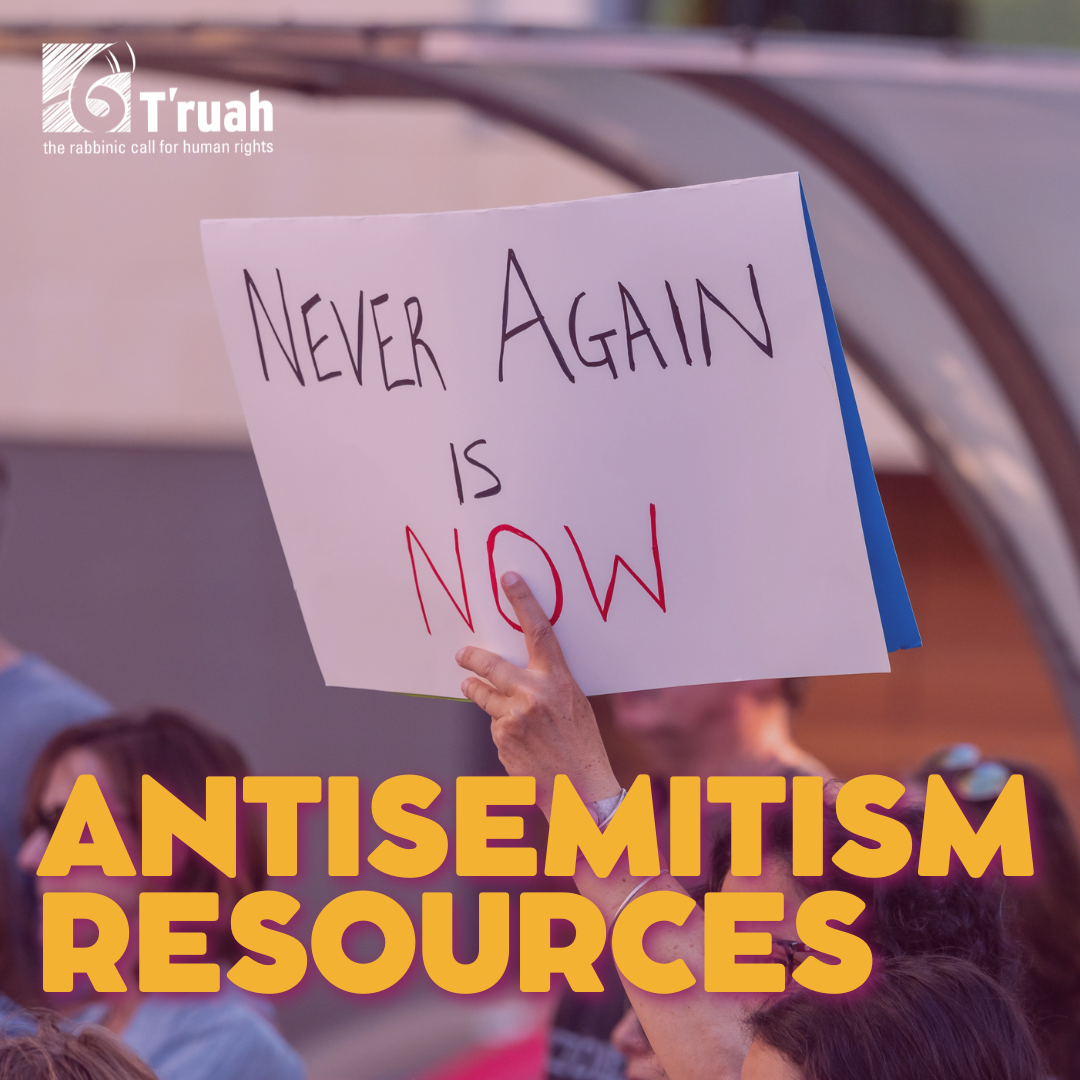Resources

Yom Kippur: Ki Hu Nora v’Ayom — For It Is A Day of Awe & Threat
Unetaneh tokef grants us no illusion of covering up our failures, both of deed and of will. It says that we are counted and our deeds are measured, whether we like it or not. Our discomfort is what this day demands, not the easy promise of reconciliation and repentance.
more

Rosh Hashanah: An Accounting of the Soul
[These High Holy Days,] may we ask hard questions. May we see ourselves from both the throne of din and the throne of rachamim. And may we, steeped in self-compassion and God’s compassion, do better.
more
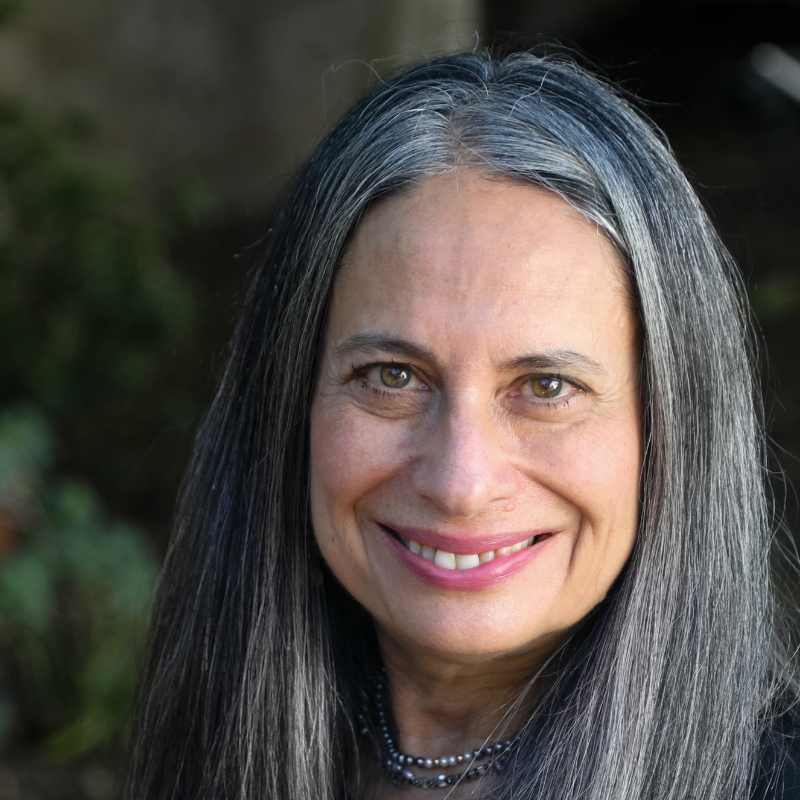
Nitzavim: Interrogating the Society We Build
We must continuously strive to implement justice, as it is so easy to backslide when our attention and our resolve falter. Even during a time of war, when we are at our most vulnerable, we must still check ourselves to see if our conduct is as moral as possible.
more
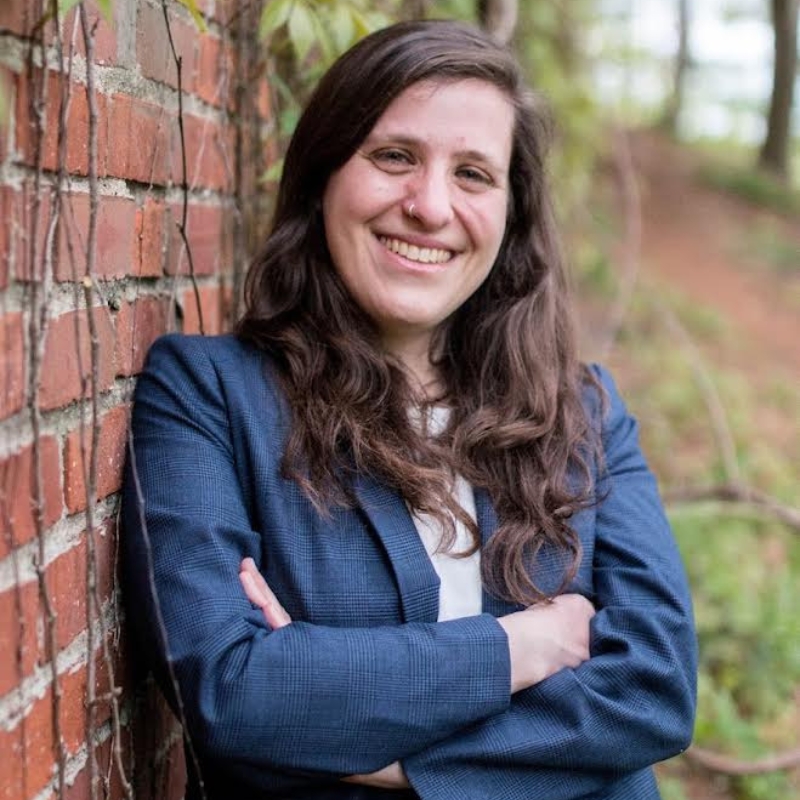
Ki Tavo: Torah That Lights a Fire
[The Torah] asks us to take seriously our power and ability to create change. It asks us to get off the couch, and to use the best of our spiritual and political wisdom to challenge the injustice of our time and transform the world.
more
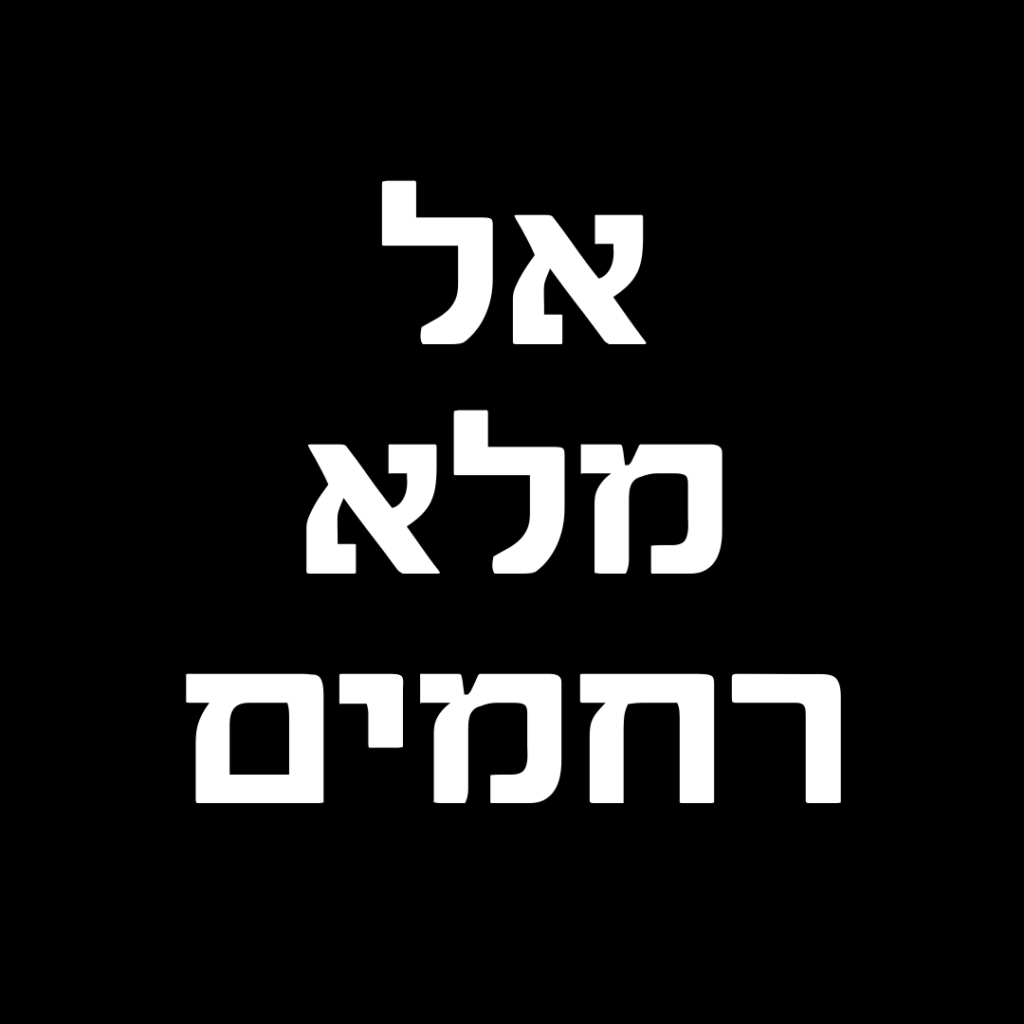
El Malei Rachamim
In the wake of the events of October 7, 2023, many of us in the global Jewish community have found ourselves longing for liturgical language to speak to the sense of loss, hopelessness, and heartbreak we have felt over the past year. The following words are an adaptation of El Malei Rachamim (“God full of compassion”), a prayer traditionally recited over the dead at funerals and during Yizkor on Yom Kippur, created by Rabbi Sharon Cohen Anisfeld, President of Hebrew College.
more

Ki Tetze: Honoring Creation & Being Good Allies
Our needs are not always primary. In fact, to be a good ally and a good steward of Creation, we must put the needs of others ahead of our own.
more

Shoftim: The Imperfection of Justice
We all must work towards a more just society, understanding and accepting that we will never attain perfection.
more

Re’eh: Are We a People Chosen by God?
Yeshayahu Leibowitz wrote, “The uniqueness of the People Israel is not a fact; it is a task. The holiness of Israel is not a reality but a role.” If Jews are to express some sense of being “treasured,” we need new religious perspectives recognizing everyone as created in God’s image.
more

High Holiday Resources for 5785
We offer these texts, sermon ideas, articles, talking points, and insights about the Israel-Hamas war and its reverberating effects to make it a little easier to meet the needs of your community at a tremendously difficult time.
more
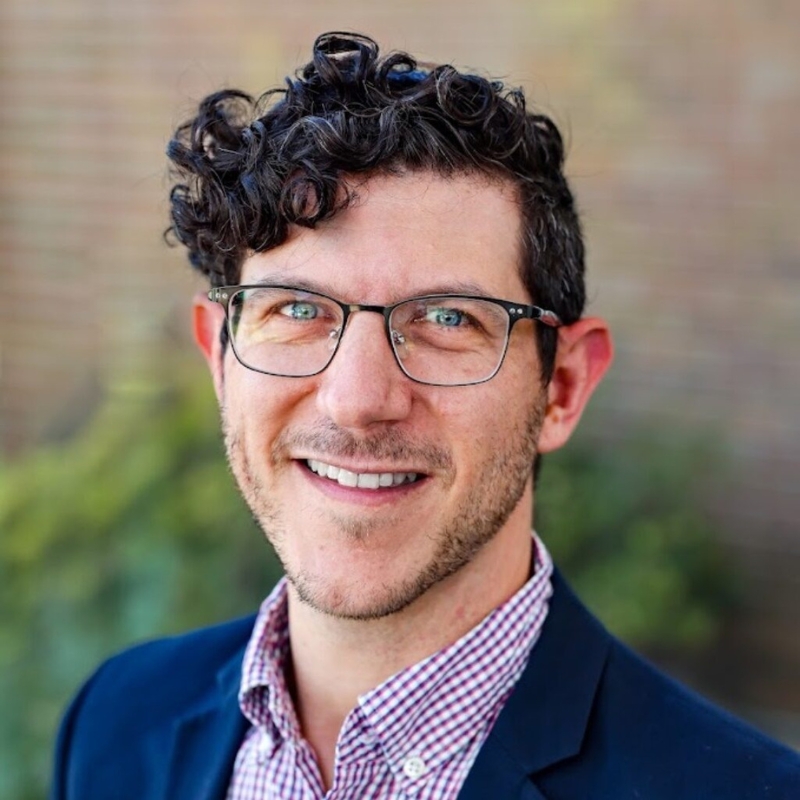
Ekev: When Our Leaders Gaslight Us
The world becomes more dangerous when leaders cannot be trusted and incontrovertible facts are subject to manipulation. Our responsibility, both as leaders and as citizens who elect them, is to value accountability.
more



